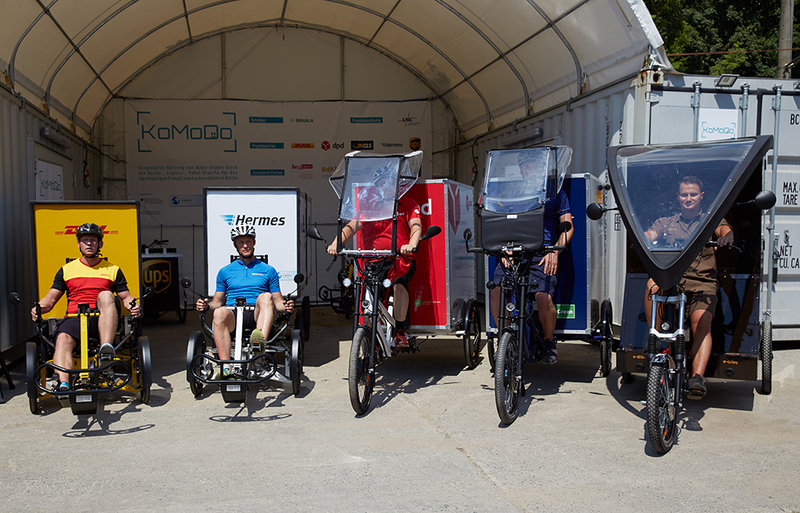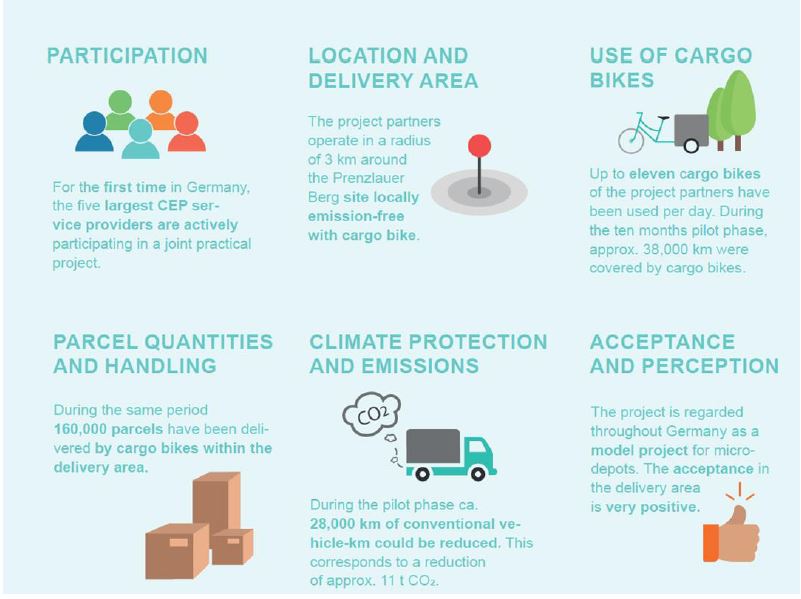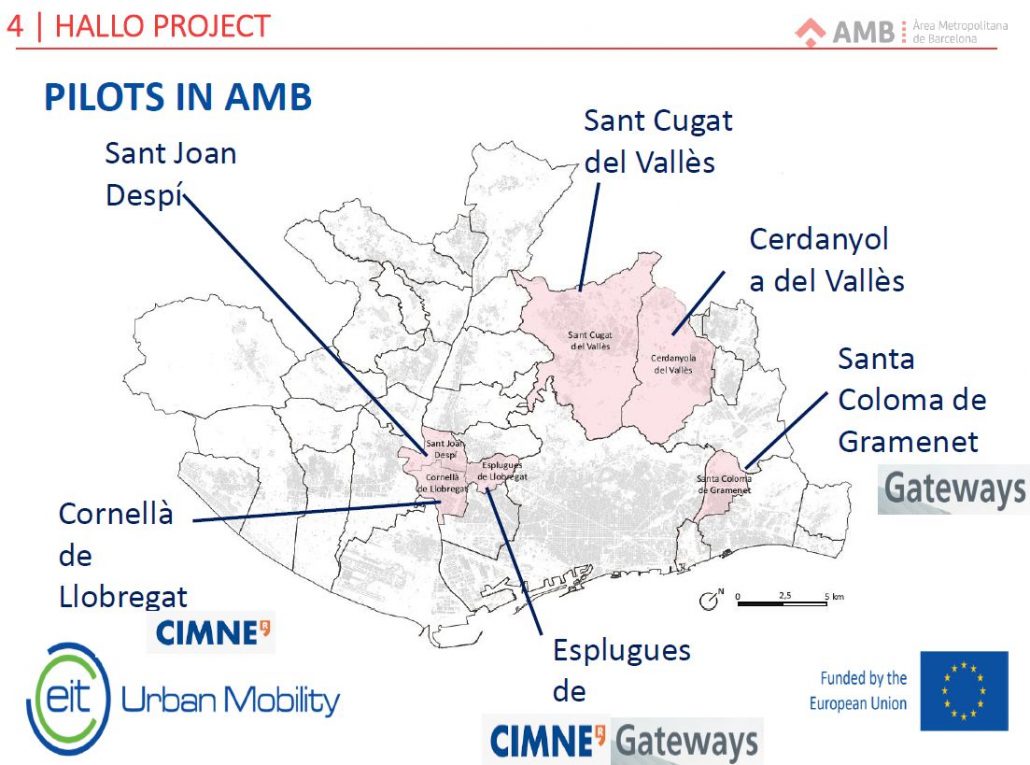This blog was written by Sina Zhen, Sustainable Mobility Officer, ICLEI World Secretariat
Cities around the world are facing environmental and social issues in urban freight. Cargo bikes have become an increasingly popular and practical last-mile delivery solution in many cities worldwide. Micro consolidation hubs enable the shift of goods from high polluting trucks to cargo bikes and replace vans in last-mile delivery. However, many city design guidelines and infrastructure do not consider the needs of goods movement by cargo bikes. This was the topic of focus for June’s peer city exchange for the EcoLogistics Community. Specific case studies from successful city implementation were presented on best cycle logistic practices. Christian Kaden, Consultant from LogisticNetwork Consultants (LNC) GmbH and Mariona Conill, Mobility engineer at Barcelona Metropolitan Area (AMB), presented on Berlin’s Kooperative Nutzung von Mikrodepots, known as KoMoDo pilot and Barcelona’s efforts in cycle logistics, respectively.
Cooperative use of micro-hub by top logistics providers in Berlin
The Berlin KoMoDo project aimed to test sustainable solutions for delivery traffic in urban areas and to develop transferable solutions for other municipalities. The project was funded by the Federal Environment Ministry and tested the micro-hub concept in hopes to alleviate space shortage by utilizing cargo bikes for the last-mile delivery. The pilot project collaborated with five of the largest parcel operators: DHL, DPD, GLS, Hermes, and UPS. These logistics operators worked under a centralized area for the collection and distribution of packages. Each logistics operator had access to a 20-foot container within the facility in Berlin’s Prenzlauer Berg district. Packages were delivered to the hub by conventional trucks, then distributed by bikes from each company’s own cargo bikes in the busy district.





